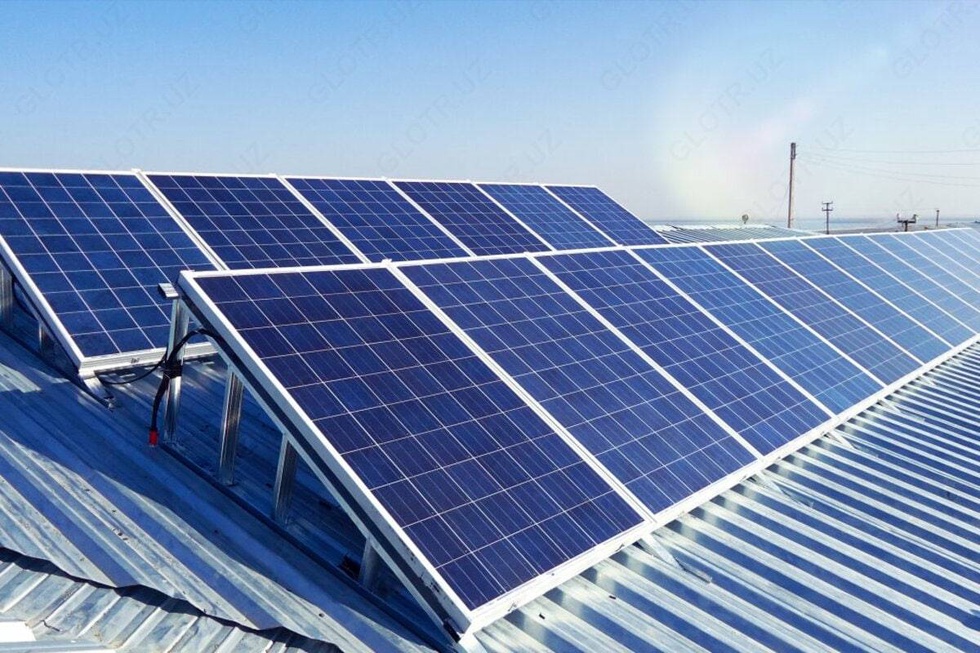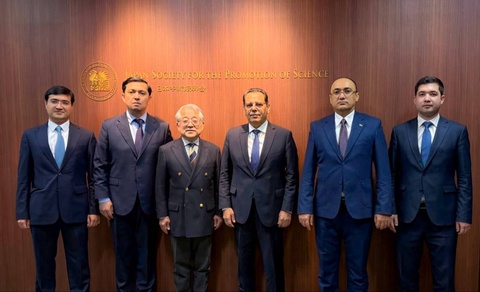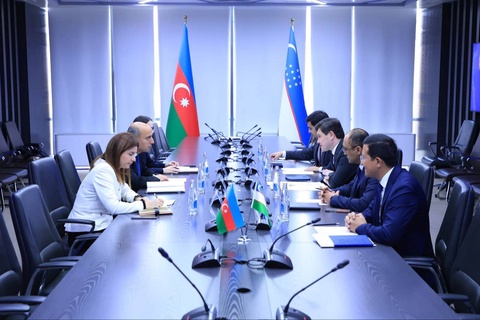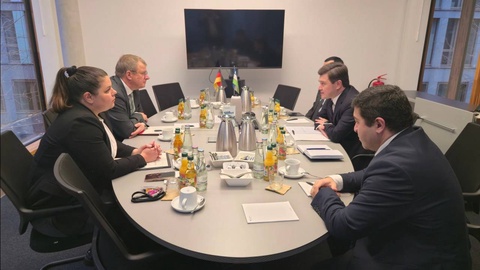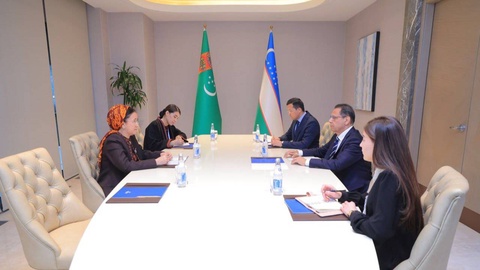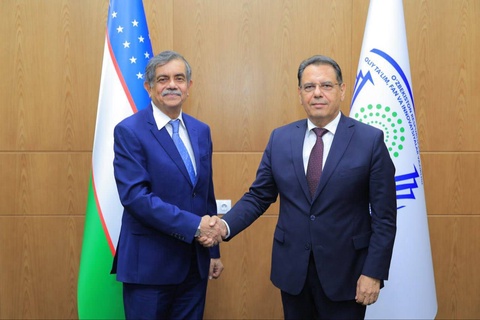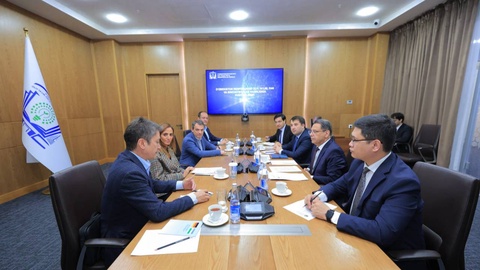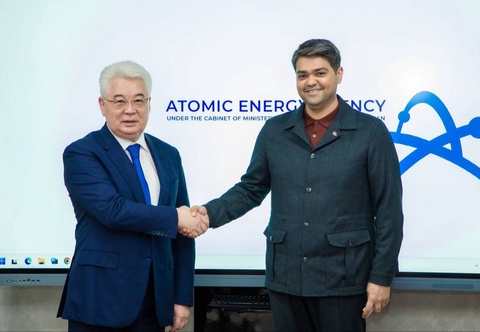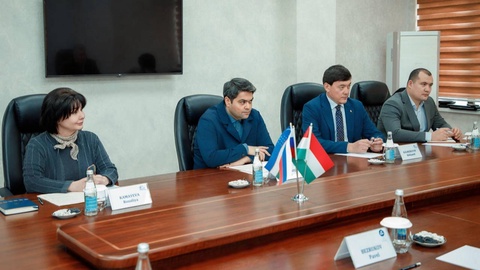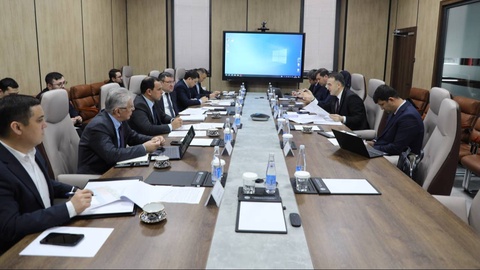The issue of transferring all higher educational institutions to alternative energy was discussed at the meeting. The rectors are tasked with equipping the classrooms and student dormitories of HEU and institutes with solar panels. In 2022, solar panels with a capacity of 3,372.2 kW, solar water heaters with a volume of 61 thousand liters and 1,151 units of solar outdoor lighting equipment were installed at 51 HEU facilities of the republic.
By the end of 2023, solar panels with a capacity of 1,941 kW, solar water heaters with a volume of 20 thousand liters and 1,300 units of solar equipment for outdoor lighting will be installed at 31 more facilities. To fulfill this task, as of February 6 of this year, solar panels with a capacity of 633 kW and solar water heaters with a volume of 10,600 liters were installed at 14 facilities. So, solar panels for 4,005.2 kW were supplied, which is 1,705.2 kW more than the previously established plan, and solar water heaters were supplied for 71,600 liters.
The Minister stressed that solar panels should cover at least 70% of the annual electricity consumption of HEU. To achieve this goal, the task is to determine the possibility of installing solar panels from a technical point of view with the involvement of a specialist on the roof of existing educational, laboratory, auxiliary premises and dormitories of all educational institutions, and to prepare an estimate of the cost of installing solar panels.
The meeting also noted the need to expand spiritual and educational work among teachers and employees of higher educational institutions.
In addition, proposals were made on the issue of creating a list of talented students in universities and establishing a mechanism for working with them separately. It was warned that special attention should be paid to the issue of employment of graduates of higher and vocational educational institutions, universities with a large number of unemployed graduates will be recognized as institutions providing low-quality education, and the issue of termination of their activities will be removed.


